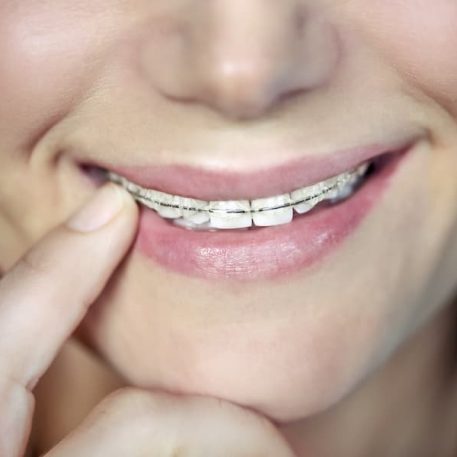5 Tips to Have a Healthier Mouth This Year
Do you want to have a much healthier mouth this year? If you have not always had the healthiest teeth and gums in the past, it is not too late for you to make a few changes. Getting into a better oral hygiene routine is the best way for you to improve your oral health while making your teeth look even better.
Get a New Toothbrush
If you are still using a traditional manual toothbrush, it is a great time to upgrade to an electric toothbrush. While you may feel like your traditional toothbrush does a great job at removing unwanted food and stains from the teeth while you are brushing, certain electric toothbrushes are much more powerful and can easily get rid of the excess plaque from between the teeth in an effortless manner. Not only are electric toothbrushes best to use when you need to get rid of plaque, but they also make it possible for you to reach every tooth in your mouth, including the teeth that are in the back.
You may think that electric toothbrushes are too expensive, but there are some effective and affordable options on the market. Even if you need to spend a bit more than you would normally spend on a traditional toothbrush, it is worth it because you will have teeth that look and feel a lot cleaner than they felt beforehand.
Start Using a Water Flosser
You should always floss your teeth to get rid of the food particles and bacteria that get stuck between them. Unfortunately, a lot of people do not floss often enough. It is good to use floss in the morning, before bed, and even between each meal, but most people forget to do this. While using traditional floss is ideal, you may want to consider using a water flosser when you are at home because then you can get rid of plaque and food particles with ease.
The at-home water flosser is similar to the kind of device that is used in dental offices by dental professionals when they are performing thorough cleanings of the teeth. There are both corded and cordless devices, both of which are easy to travel with when you are going on vacation. If you are going to use a water flosser, make sure to use it before you begin brushing your teeth. It helps to get rid of all the food and gunk that is on and between your teeth before you even start brushing with your toothpaste and toothbrush. You should feel the difference that a water flosser can make when you use it regularly.
Cut Back on the Sugary Foods and Beverages
If you want to have a healthier mouth, you will need to make some sacrifices. It helps to cut back on the consumption of sugary foods and beverages, both of which can contribute to tooth decay. This does not mean that you cannot have a soda here and there or that you cannot have your favorite piece of chocolate. It just means that you should cut back a bit and make healthier choices when grabbing something to eat or drink.
Eat Foods That Are Good For Your Teeth
While sugary foods are not good for the teeth and can ultimately lead to decay, there are other foods that you should start eating more often simply because they are known for keeping the teeth strong while preventing plaque buildup. Some of the best foods to start consuming when you want to have a healthier mouth include apples, celery sticks, carrot sticks, strawberries, and cheese. You should focus on consuming foods that are loaded with vitamins because those vitamins are good for your teeth and good for you in general.
Start Seeing a Dentist Regularly
Having a healthy mouth means visiting the dentist more often than you normally would. In the past, you may have only visited the dental office for cleanings once every few years, but this is a bad thing because then different issues can go undetected for such a long time. By having the teethed cleaned a few times a year, you can keep the plaque and tartar at bay while having any possible issues detected earlier on before they start getting much worse. A dentist will let you know if he or she sees something in your mouth that may need treatment.
If you would like to have a healthier mouth this year, these are the types of changes that you should start making. Use an electric toothbrush, start flossing with a water flosser, avoid sugary foods and beverages, eat healthier foods, and see a dentist regularly for cleanings and checkups. By making these changes now, you can end up with healthier teeth and gums that look good while avoiding all kinds of issues, including tooth decay, gum disease, and chronic bad breath.


